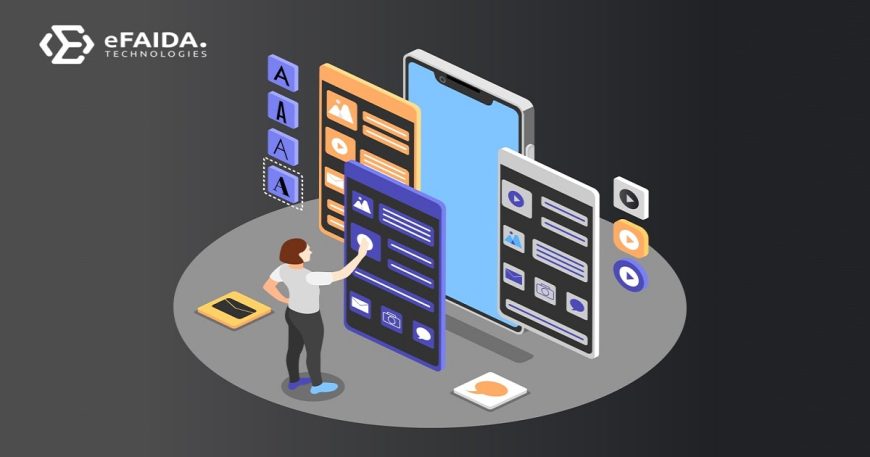Introduction
With hundreds of options available, you must decide which mobile application development service provider you are going to work with. Having so many options may make the choice seem right, but it could certainly be difficult to make the right one. With this article, we’re going to cover the crucial points to bear in mind when you’re choosing your mobile app development provider and, hopefully, find the perfect fit for your project.
1. Experience and Expertise
Industry Experience: Seek to hire a development service provider who has been around for some time and is conversant with the sector where your products or services fall. Your task will be simplified because they will know your challenges and problems and as a result, the success of your job will be improved.
Technical Expertise: Make sure that your project team is equipped with the needed technical skills and expertise to hire. Evaluate their portfolio including the sample case studies to know how they do the work.
Relevant Projects: Look into previous developer’s works by them to know, if they have experience in the creation of such apps as yours. This is a proof of the competency of them to achieve their goals.

2. Development Process and Methodology
Agile Methodology: Go for a technology development provider that does the agile methodology. Through this technique, the project can embrace the agile approach and become the priority.
Communication and Collaboration: Successful project partnerships are built around an expression of cooperation and communication occurs between the individuals involved in the partnership. The provider should make sure that they have a good communication policy which should allow customers to open lines of communication with the provider.
Testing and Quality Assurance: Seek to know the details of the provider’s testing and quality control measures. It needs to be made sure that they have solid working testing protocols that can give a higher level of quality optimization.
3. Cost and Budget
Transparent Pricing: Seek a supplier that lists fees clearly and offers a financial package that consists of non-extra costs. Ascertain that you are conversant with the price structure and whether the rates are inclusive for all services.
Value for Money: Varying costs may play a role in your choice but they should not only be the reason for your decision. Take the service provider’s value into account, i.e., they can provide an app of the best quality demanded for your budget.
Payment Terms: Ensure that you confirm the payment conditions with the supplier beforehand. among the payment plan, make sure you are comfortable and that it is in tune with your budget and project plan timeline.
Conclusion
Selecting the most suitable mobile app development service amidst the wash of service providers is a daunting task decidedly pivotal for the success of your app. Taking into account variables such as experience with large-scale apps, complexity of designs, costs, and budget, you can choose an app engineer that solely meets your needs or one that offers high-quality products.
Frequently Asked Questions
1. How long does it take to develop a mobile app?
The period that is needed to generate a mobile application depends on different characteristics among them the use of complex features and the development methodology. In principle, the average time among these is approximately from a couple of weeks to several months to build a mobile app.
2. What is the difference between native and hybrid app development?
Native app development means presenting the users with applications for one or more platforms, like iOS or Android, which have been created using platform-specific technologies and tools. Cross-platform development utilizes web-oriented technologies (like, HTML, CSS, and JavaScript) to develop apps that can be used on many ports at the same time.
3. How can I ensure that my app is successful?
For your app to become successful, its key feature should be a high-quality product manufactured to solve the problems of your target audience. Do extensive industry research before engaging users and allow them the opportunity to speak their minds having been taken into account for the next release.




